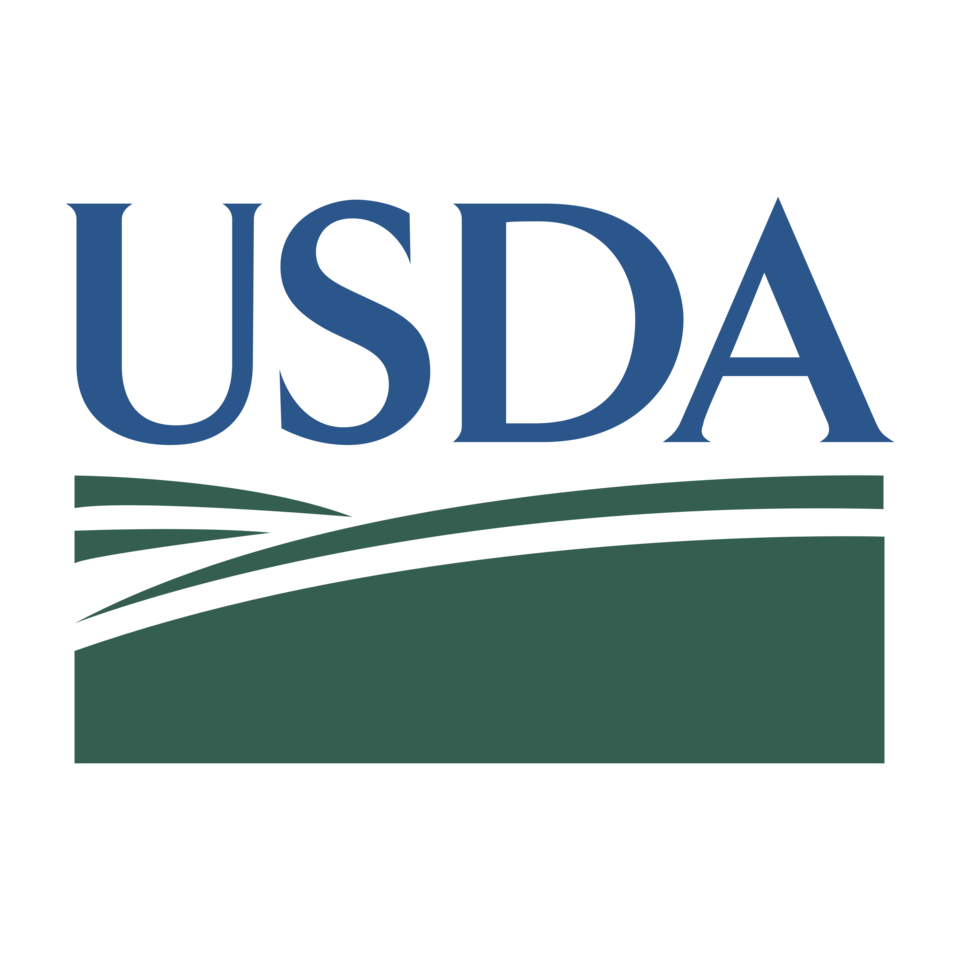The USDA published its final rule entitled “National Organic Program (NOP); Strengthening Organic Enforcement” in the Federal Register on January 19, 2023. This rule is the most sweeping regulation to affect the NOP since the original act in 1990.
The final rule is open for comments until March 19, 2023, and will become effective on March 19, 2024. It clarifies the roles of brokers, importers, distributors, and other “handlers” in the organic supply chain, although significant nuances remain open to interpretation.
The proposed rule was initially published in August 2020. Its purpose is “to strengthen oversight and enforcement of the production, handling, and sale of organic agricultural products….to protect integrity in the organic supply chain and build consumer and industry trust in the USDA organic label by strengthening organic control systems, improving farm to market traceability, and providing robust enforcement of the USDA organic regulations.
“The need for this rulemaking is driven by organic market growth and increasingly complex organic supply chains. Today’s organic market is characterized by long—and often global—supply chains where organic products are handled by many businesses before reaching the consumer.”
USDA received more than 1,500 comments from industry, trade associations, consumer groups, and others concerning the rule, including from the Specialty Food Association.
Certification of and the exemption for brokers were frequently brought up in the comments. Many requested that brokering activities be exempt, with some requesting broad exemptions for all brokers and others favoring exemptions for certain brokering activities. These comments explained that exemptions are warranted because brokers typically do not take physical possession of the products.
In response, USDA states that “this rulemaking clarifies that most operations that operate in the middle of organic supply chains must be certified organic. This may include entities that sell, trade, distribute, or import organic products. The activities of these operations may affect organic integrity; therefore, certification is necessary to assure consumers that organically produced products meet a consistent standard. In addition to clarifying who needs certification, this rulemaking also provides limited exemptions to organic certification for certain entities and activities that present a low risk to organic integrity.
“Handlers are responsible for the integrity of the organic products they handle, even if they never take ownership or possession of a product, because they frequently make decisions impacting the integrity of organic products.”
So do brokers need to be “certified organic?” The answer is “it depends.”
The Agricultural Marketing Service is providing an exemption for operations that only buy, sell, receive, store, or prepare for shipment of organic products packaged for retail sale. The products must be sealed in tamper-evident packaging labeled for retail sale, and the operation must not open or otherwise handle the retail packages. These present a “low risk” to organic integrity. For instance, a broker handling a sealed organic salad dressing would not need to be certified, assuming all of the product lines it sells are in tamper-evident packaging.
Brokers who handle organic products not packaged for retail sale (e.g., bulk; unpackaged; packaged for non-retail sale; unsealed, non-tamper evident packaging) must be certified.
Like certified operations, exempt operations must maintain records of the organic products they handle that:
• Demonstrate that agricultural products identified as organic were organically produced and handled
• Verify quantities of organic agricultural products received and shipped or sold.
USDA states that such records are necessary to maintain an audit trail for organic products.
Editor's Note: SFA News Daily does not offer legal advice. Please check with your attorney to determine whether these regulations affect your company.
Related: FDA Releases Plant-Based Milk Draft Guidance; Meijer, Kellogg Support Young Farmers

